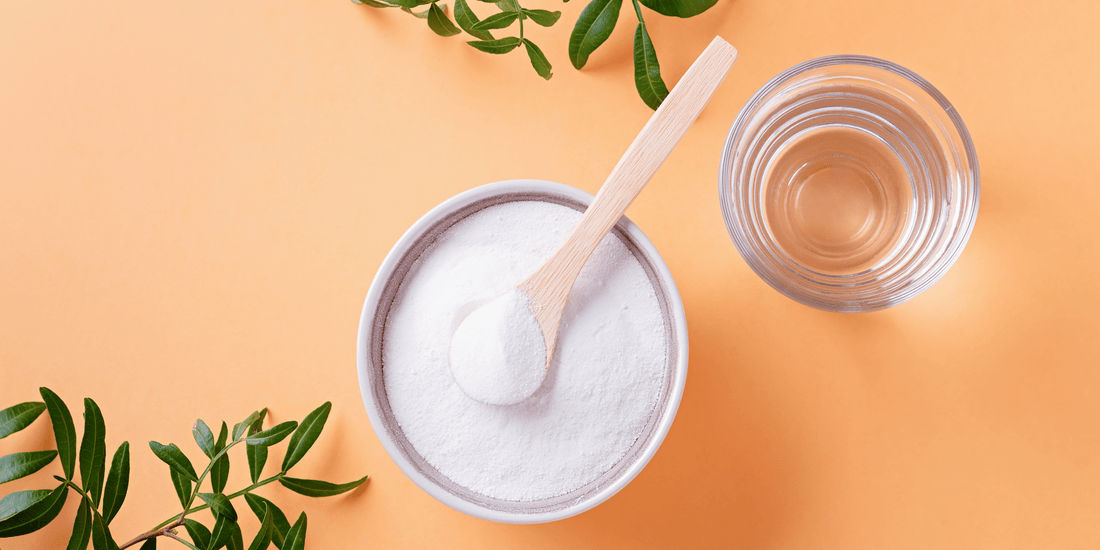
Collagen Supplements: Do They Actually Work, and What’s the Best Way to Take Them?
We’ve all seen them, collagen powders in pretty tubs, gummies that promise glowing skin, even coffees infused with peptides. Collagen is everywhere, and if you believe the ads, it’s basically the fountain of youth in a scoop. But do these supplements actually do anything, or is it just another wellness trend with good branding?
First, What Is Collagen?
Collagen is a protein your body naturally makes. It’s like the scaffolding for your skin, joints, hair, and nails. Think of it as the glue that keeps everything firm, plump, and springy.
As we age, our collagen production drops. That’s when wrinkles, joint stiffness, and weaker nails start showing up. Enter: the idea of topping up with collagen supplements.
What Forms Can You Take It In?
You can take collagen in a few different forms. Here’s the lowdown:
1. Powders
- Most common (think: Vital Proteins, Dose & Co.).
- Usually tasteless and dissolve in hot or cold drinks.
- Often contain hydrolyzed collagen peptides, which are easier to absorb.
2. Capsules
- Convenient if you don’t want to fuss with powder.
- Typically lower doses per serving than powders.
3. Gummies
- Taste nice, but often have lower collagen amounts.
- Usually include extras like biotin or vitamin C.
4. Liquid Collagen
- Ready to drink and sometimes flavoured.
- Similar to powder in terms of absorption, but pricier.
5. Collagen Creams (Topical)
- Spoiler: they don’t do much.
- Collagen molecules are too big to absorb through the skin—nice moisturiser, but don’t expect miracles.
Do Collagen Supplements Actually Work?
The Science Says… Maybe.
Several studies (small but growing in number) suggest hydrolyzed collagen peptides can:
- Improve skin elasticity and hydration
- Reduce wrinkles (slightly)
- Support joint health and reduce joint pain in active or older adults
BUT:
- You need to take it consistently for at least 8–12 weeks
- It works best when paired with vitamin C (which helps your body actually use the collagen)
- Results are modest, not dramatic
It’s not a miracle cure. You’re not going to reverse 20 years of sun damage with one scoop a day. But it might help slow down the visible signs of aging and support your joints - especially if your diet is low in protein or collagen-rich foods like bone broth or organ meat (which, let’s be honest, most of us don’t eat daily).
So, Should You Take It?
Here’s the straight talk:
- If you’re curious and consistent, it probably won’t hurt, and it might help.
- Choose a trusted brand with hydrolyzed collagen peptides (type I or type II for skin and joints).
- Don’t expect overnight magic. This is more "long game" than "instant glow."
Also worth noting: Your body can’t target collagen to specific places. It digests it like any protein. So while some studies suggest skin and joints benefit, it’s not like the collagen knows to go straight to your crow’s feet.
